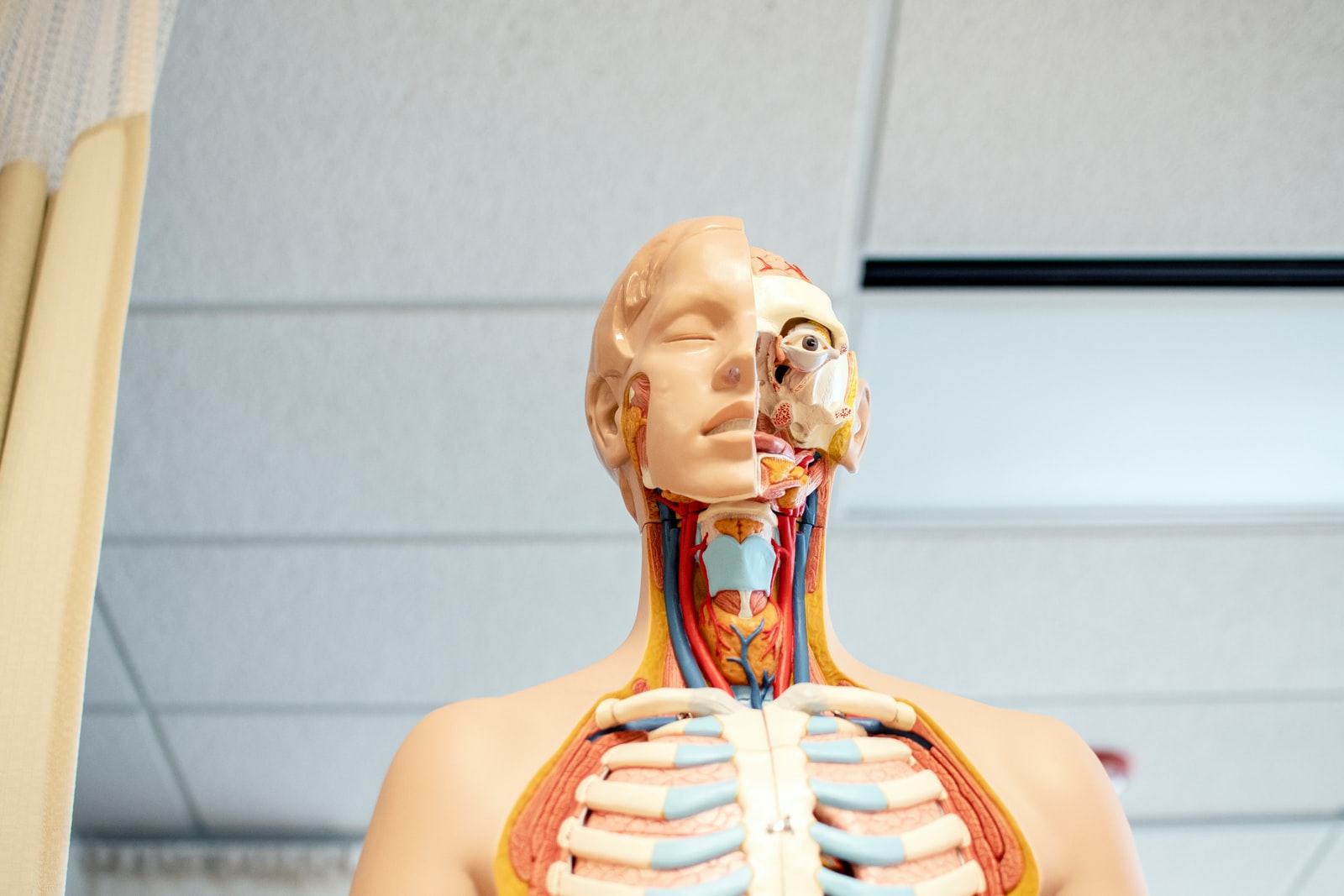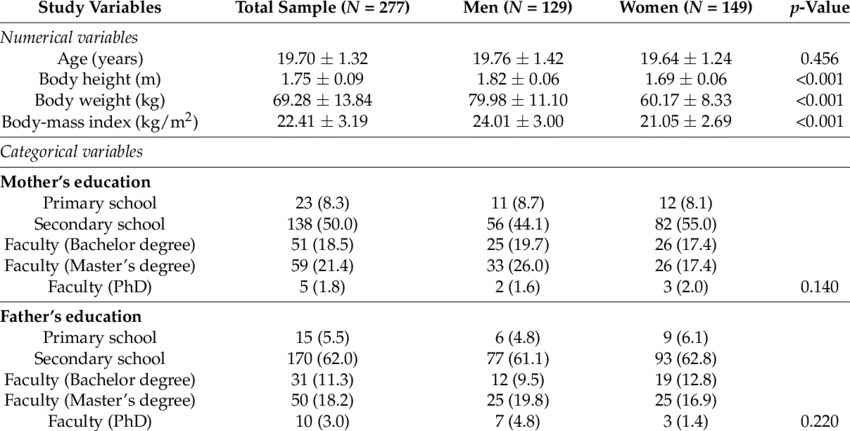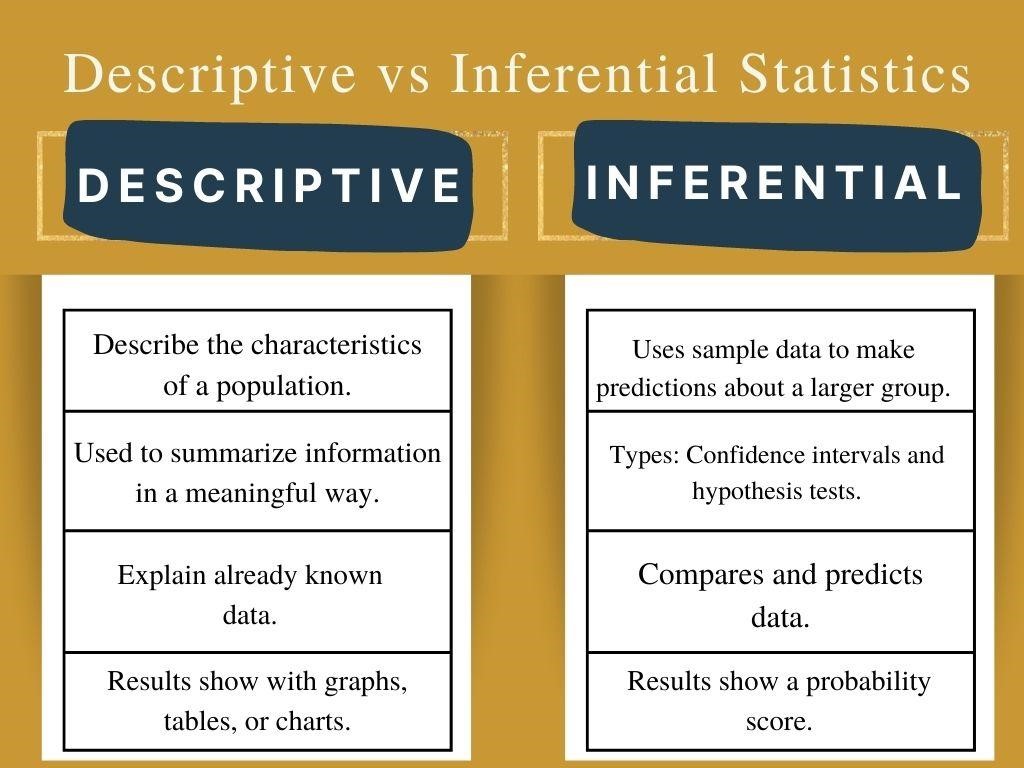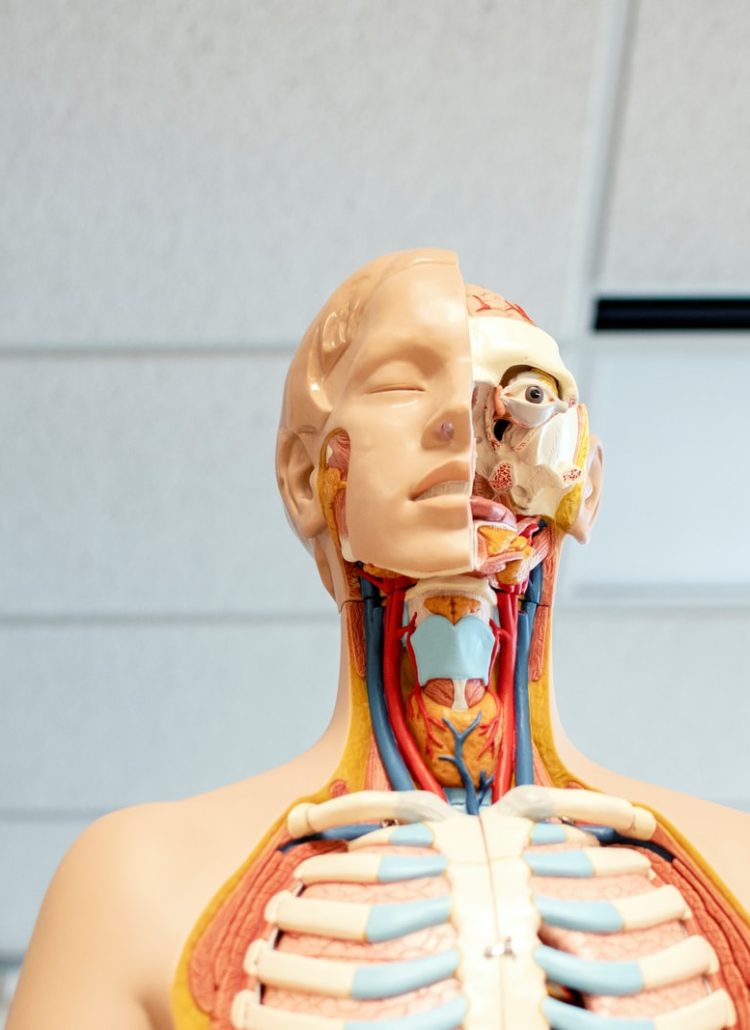
Is statistics hard?
Statistics is an essential skill for anyone working in the medical field. Whether you’re a doctor or a researcher, it’s critical to know how to interpret the results of your research and apply them to your work.
But statistics can be confusing, especially if you’re new to medical research.
Statistics is hard. It’s not just the math that makes it difficult, but also the fact that you have to think about how data fits into a larger picture and how it plays a role in your assessment of a situation.
It is vital for medical students to learn statistics because it helps them understand how to analyze large amounts of information to make better-informed decisions.
In this article, we will discuss some tips and tricks that can help you master statistics. We will also go over some examples from real life so you can get a better understanding of how it works!
Is Statistics Hard to Pass?
Statistics is not hard to pass in medicine. In fact, statistics is one of the easiest courses you can take in medical school.
That’s because it’s not just about numbers and formulas, it’s about understanding the underlying principles behind the numbers and formulas so that you can use them to make sense of data.
Statistics is all about making sense of data. It’s about understanding what data means, what conclusions can be drawn from it, and how we can apply that information to our lives as doctors.
It’s not really about memorizing formulas or learning how to use them—it’s more about learning how to think critically and logically about the information in front of us.
That means you need to have a strong foundation in basic math skills before taking statistics classes at medical school—but once you’ve got those down pat, everything else should be smooth sailing!
What is Statistics?
Statistics is the science of collecting, analyzing and interpreting information. It is used in every field, from medicine to business, sports to politics.
Statistics help us understand how frequently something happens and how much it costs to do something. It helps us predict whether something will happen again or if it will happen again.
Statistics are everywhere! A statistician has the power to change the world with their knowledge of how stuff works.
How Is Statistics Used in Health Science?
Sourced via Freepik
Statistics in medicine is the study to evaluate medical research. It helps us understand the results of experiments and clinical trials used to make healthcare decisions.
Statistics in medicine can be used to determine whether an intervention or treatment is effective or safe, as well as whether it’s worth using at all.
Statistical tests are used in three ways:
- To determine whether there are differences between patients or treatment groups.
- To identify risk factors for disease (such as smoking).
- To see if one treatment is better than another.
Two Categories of Statistics
There are two categories of statistics:
1. Descriptive stats
2. Inferential stats
Descriptive Statistics
Sourced via Researchgate
Descriptive statistics is a form of data analysis that is used to describe and summarize the characteristics of a sample or population. They are also known as “summary statistics,” “statistical measures,” or just “descriptive measures.”
Descriptive statistics are used in medicine to describe the data collected from an experiment or study, such as the number of people who were tested or the mean age of their participants.
In this way, descriptive statistics can help researchers draw conclusions about how well their work was done and whether they should repeat it with a new set of participants.
Inferential Statistics
Inferential statistics are also known as inferential analysis, hypothesis testing, and statistical inference.
When you use it, you draw a conclusion about an entire population based on the data you have collected from a sample of that population.
For example, if you want to know how many people in the world have red hair, it’s impossible for you to ask every single person in the world this question.
Instead of asking everyone individually (which would take forever), you could take a random sample of people and ask them if they have red hair.
Using your sample results, you could then use inferential statistics to draw conclusions about how many people with red hair there are in total.
Is Statistics Harder Than Math?
Sourced via Freepik
A big no, it’s not complicated. Statistics is just one of the many branches of mathematics. It’s just as much a science as any other branch of mathematics, but it looks at data and statistical analysis in a way that most people are already familiar with.
In fact, if you’ve ever used an Excel spreadsheet or looked at an average on a report card, then you’ve been using it without even knowing it!
Why Do Nurses Need Statistics?
Sourced via Freepik
Statistics are a vital part of nursing. They provide nurses with information about the health of their patients and allow them to make informed decisions about care.
It are often used to measure the effectiveness of treatments, identify trends in disease and infection rates, and determine whether or not a treatment is safe.
When they’re used this way, they help nurses make sure that they’re providing the best possible care for their patients.
7 Tips To Help You Master Statistics
Sourced via Freepik
The world of statistics is a complicated one, and it can be hard to wrap your head around.
According to a survey, most doctors don’t value statistics in their undergraduate degrees. This might be possible due to a lack of resources or help.
That’s why to help you get started, we’ve pulled together some tips and tricks to help you master statistics:
Take Advantage of the Resources Available to You
Statistics can be confusing, but there are plenty of resources available to help make sense of the information.
If you’re struggling with a concept or looking for a way to explain something to someone else, there’s probably a blog post or video that can help you out!
Talk It Over With Someone Who Knows More Than You Do
It’s always great when someone has more knowledge than you do about something so they can help guide you along your path of learning!
We suggest finding someone who knows more about statistics than you do (like an actual statistician!) and asking them for advice on how best to approach this subject matter if it seems particularly confusing at first glance (it will get easier with time!).
Understand Probability
Make sure you understand the concept of probability before you start learning about statistical tests.
Probability is the idea that there is more than one possible outcome for any given event and that each outcome has a certain likelihood of occurring.
Understanding probability will help you better understand statistical tests because they rely on probability to tell us which tests are most likely to provide accurate results.
Use Your Time Wisely
You know what they say: Time is money! The same goes for your time as a medical student.
The best way to make the most of your study time is to plan ahead and make sure you’re not wasting it.
Make sure you have a set schedule for each day, with breaks in between. If you don’t already have one, make sure you take advantage of online learning tools that make it easy for you to track your progress and set goals for yourself.
Make Sure You Understand The Basics
Statistics is a subject that requires a strong foundation in math and logic. If you don’t have that foundation, there’s no way you can master it.
That means it’s time to hit up that old algebra textbook from high school and brush up on your geometry before taking the next step.
Think of Statistics Like a Puzzle
Statistics is all about finding patterns in data, which means you’ll be doing a lot of math! But don’t worry: as long as your work is accurate, no one will judge how pretty your solution looks.
So let yourself get creative with how you approach solving problems! The key here is being able to see patterns in data so that you can draw conclusions from them.
Try Learning By Teaching Others
Teaching others is a great way to learn, so why not try teaching statistics? If you still feel like you’re struggling with understanding the basics, it might be helpful to try teaching them to someone else.
You could start by explaining what a p-value is or how confidence intervals work in simple language. You can also practice explaining these concepts on HubPages or Quora and see if people are able to understand what you’ve written after reading it through!
Once you’ve started learning this way, you’ll find that everything starts falling into place much easier than before—and people will start understanding your explanations too!
Is Statistics Easy In College?
Statistics are difficult to master, no matter what level you’re at. But it’s not impossible!
If you’re taking a statistics course for the first time in college, or if you want to brush up on your old skills and learn something new, some things can help you make it through easier.
One of the best things about being in college is that you have friends around who are also learning how to do statistics. You can study together and help each other out when one person gets stuck on a problem or concept.
In addition, many universities offer tutoring services for students who need extra help with their coursework.
If you’re struggling with a particular concept or equation, ask your professor if they can recommend someone who specializes in helping students grasp concepts related to statistics.
Is Calculus or Statistics Better For Medicine?
Calculus and statistics are both valuable skills to have in medicine, but they each play different roles in the practice of medicine.
Calculus is excellent for understanding how things change. A doctor needs to know when a patient’s condition is going to get better or worse, and calculus can help them know how the patient will react to treatment over time.
Calculus also helps doctors figure out the best course of action for a patient’s condition—whether that means treating their symptoms or trying to find a cure.
Statistics is helpful for doctors because it helps them interpret data from tests and scans.
Doctors use statistics to determine what kinds of treatments are best for certain conditions, how likely patients are to get sick again after being treated for something else, and how likely a particular drug will work on an individual patient’s body chemistry.
Final Thoughts
Is statistics hard? In medicine, it is. But it doesn’t have to be.
In this article, we’ve covered the basics and what it means for your career—and we hope you’ve learned something!
We’d love to hear from you in the comments section below—what else do you wish you knew about statistics? What are some other ways that it can help you in your career? Let us know!
And if there’s anything else on this subject that you’d like us to cover, let us know in the comments!













